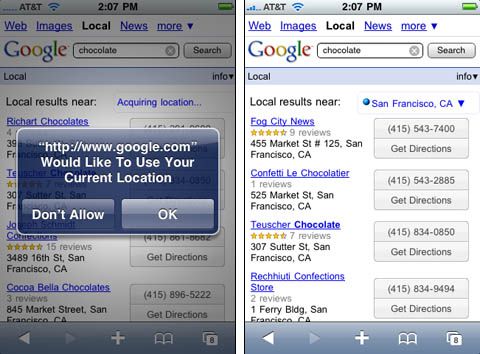SEO in 2014: Be ready
Although nothing is for certain, there are a few challenges looming on the horizon that you should be ready for. Keep reading to get the scoop on these challenges so you’ll be ready to face them...
What will SEO be like in 2014? Although nothing is for certain, there are a few challenges looming on the horizon that you should be ready for. Keep reading to get the scoop on these challenges so you’ll be ready to face them like a pro:
1. Google and Your Market Are Always Changing

Most people are interested in gaining market share, traffic and results, but they must first defend last year’s traffic and results. You don’t have ownership of your ranking on search engines or the traffic that comes with your rank. Everything is in a constant state of change.
In addition to changes with your rank, you must also be able to adapt to a constantly changing environment. Technologies are changing: a website that ranked well and pulled in a significant amount of organic traffic in 2013 doesn’t necessarily translate into a successful 2014. If you don’t have a plan to defend results from this past year, you can’t expect your site to be moving up in Google Analytics.
2. You Have to Dig to Get the Whole Picture

With analytics data, what you see isn’t necessarily what you get. A perfect example of this is the iOS referrer issue that affected the entire SEO community for nearly a year. As a result of this issue, it’s possible that a significant portion of your organic search traffic isn’t even visible, depending on how much mobile traffic your site receives. While the issue was recently resolved, it wasn’t a perfect fix, and the solution is not retroactive.
Therefore, when analysts examine data from the entire year, there will still be discrepancies that unfortunately cannot be easily reconciled. The misrepresentation of organic data could be risky and costly if the success of your SEO is based on evaluations of traffic data from your Web analytics platform.
3. You’re In the Dark

Roughly two years ago, Google started encrypting searches for users who were logged in, keeping publishers in the dark with regard to keyword referral data for the searches of those users in Google Analytics. Despite the fact that Google originally anticipated that the “Not Provided” search term data would represent only a small fraction of keyword referral data, some sites have seen that figure occur at alarming rates, with more than 50 percent of their terms being withheld in some instances.
4. Search Engine Results Pages Have Changed

Google is taking a full force approach to promoting a universal and vertical search by putting its own products above the organic search results (which are pushed towards the bottom). For some people, even ranking in the No. 3 position for high volume keywords has resulted in a cringe-worthy drop in organic search traffic.
5. Traditional SEO Is No Longer Effective

Search engine results pages can vary depending on location. Google now knows where users are when they conduct a search, and it provides them with results that are relevant to their location. Social signals are becoming an increasingly important factor to consider, too. Comments from other customers about your business are weighed more heavily than other SEO elements from your webpage. This means that testimonials and client reviews matter now more than ever.
6. Quick Fixes Can Mean Trouble

So called “Band-Aid” SEO tactics are dangerous because they pretty much guarantee that you will end up in a mess. Google could ban you for trying them!
Ready or not, 2014 is coming and with the new year comes a slew of changes for the SEO community. The key is being aware of these changes and being able to adapt to them. If you can do that, you can survive and even thrive regardless of what the new year throws your way!
Thanks to inspirationfeed